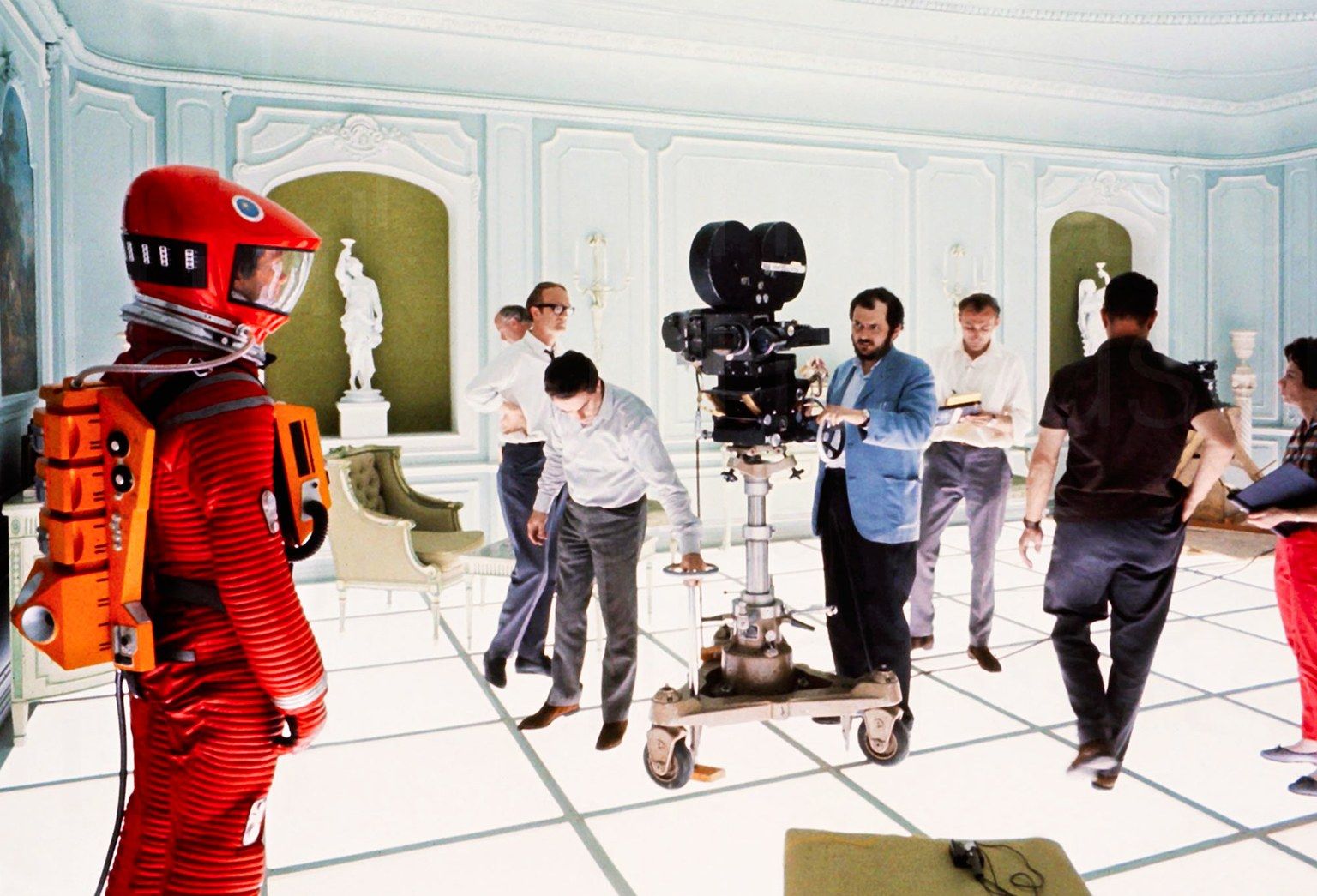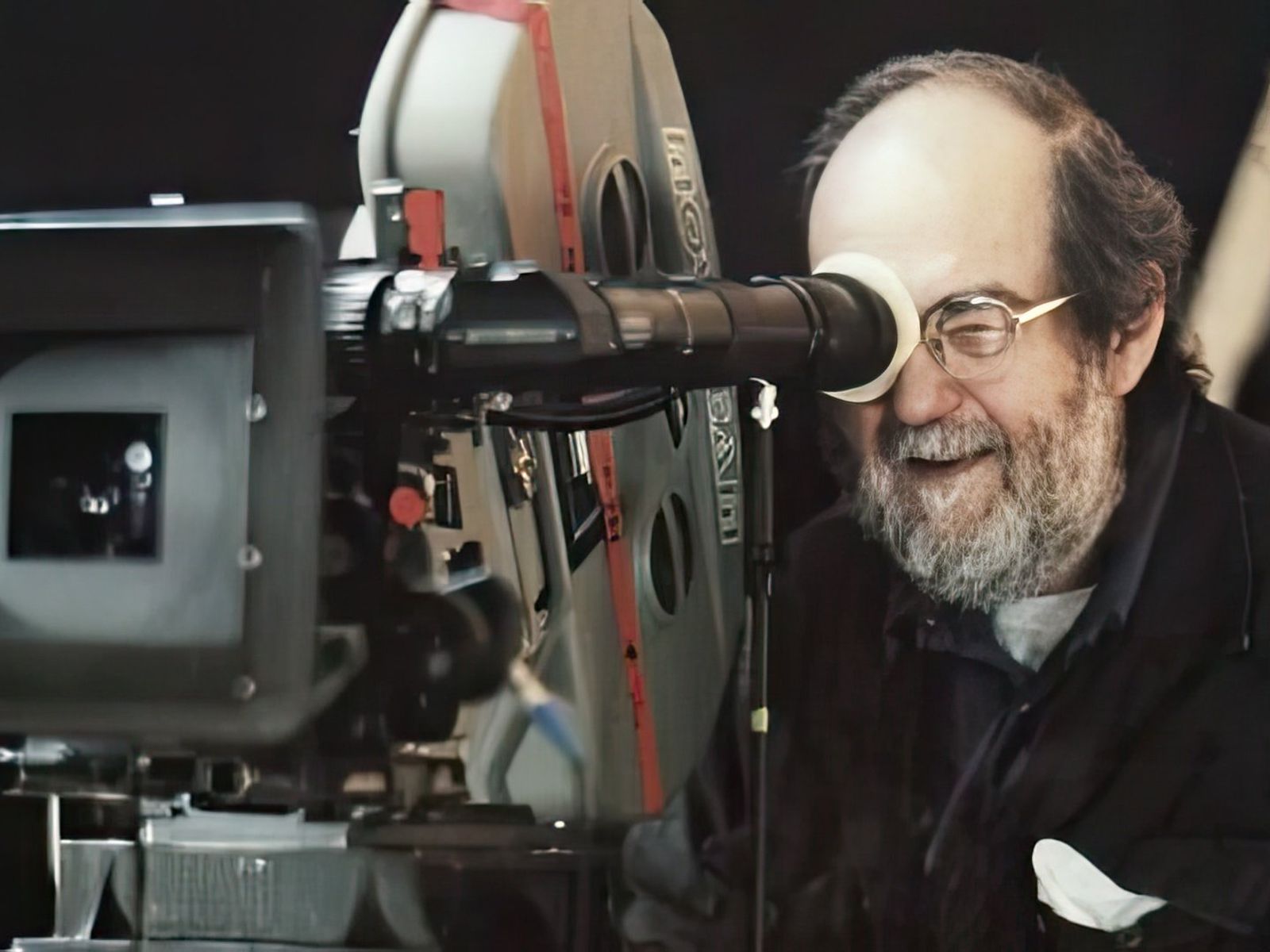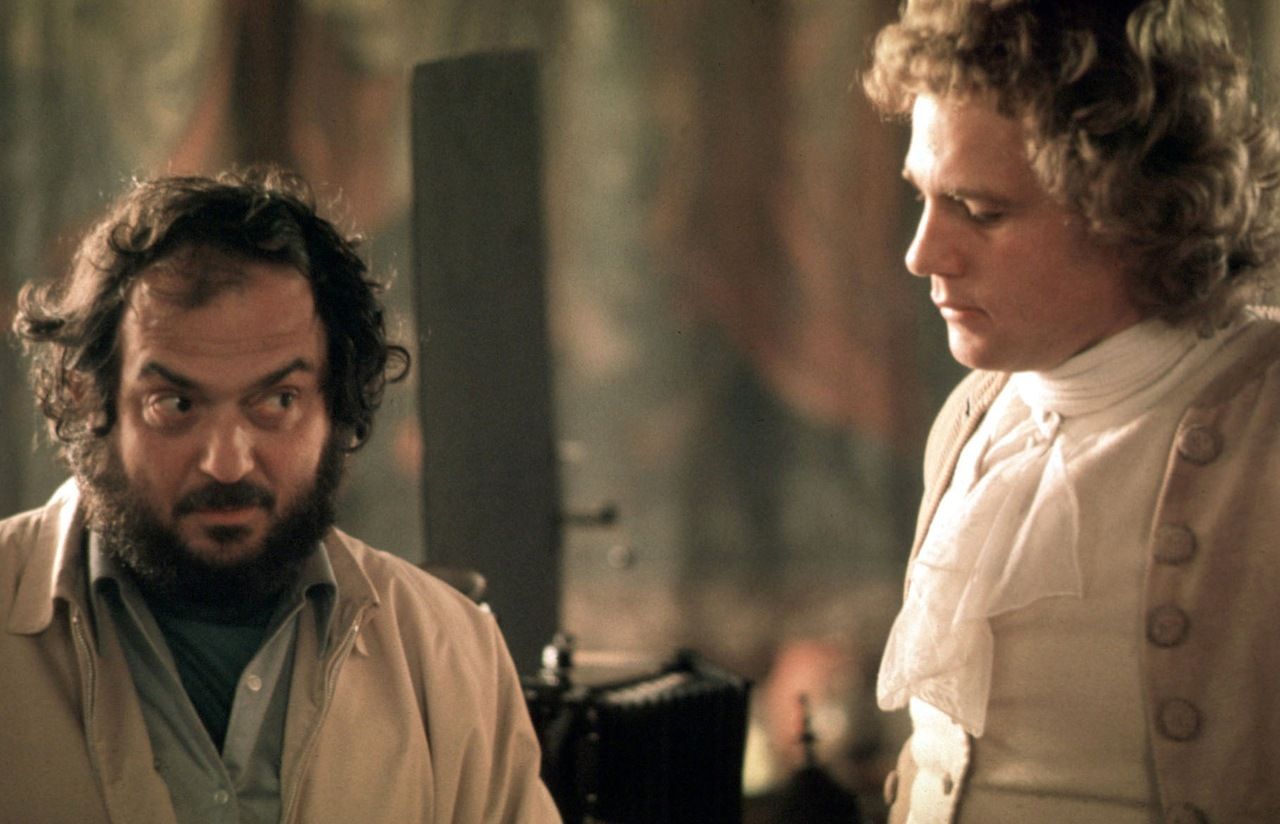
2001: Odissea nello spazio [Riedizione] | Rassegna stampa italiana
Nell’anniversario della morte di Stanley Kubrick, torna nei cinema nella versione restaurata uno dei suoi capolavori, 2001: Odissea nello spazio

Nell’anniversario della morte di Stanley Kubrick, torna nei cinema nella versione restaurata uno dei suoi capolavori, 2001: Odissea nello spazio
Pauline believed she had a clear-eyed view of Kubrick’s intentions. At the end of the picture, when Alex’s former victims turn on him and he reverts to his old, corrupt self, she grasped that Kubrick intended it as “a victory in which we share . . . the movie becomes a vindication of Alex, saying that the punk was a free human being and only the good Alex was a robot.”
Kubrick’s virtuosity as a filmmaker, and the range of his subjects, have served to disguise his near-obsessive concern with these two matters—the brutal brevity of the individual’s span on earth and the indifference of the spheres to that span, whatever its length, whatever achievements are recorded over its course.
Fairy tales can come true. Spielberg the historian is in remission; Steven the regressive has returned, with a vengeance. An occasionally spectacular, fascinatingly schizoid, frequently ridiculous, and never less than heartfelt mishmash of Pinocchio and Oedipus, Stanley Kubrick and Creation of the Humanoids, Spielberg’s A.I. Artificial Intelligence is less a movie than a seething psychological bonanza.
Tim Kreider, who also wrote an incisive article on Eyes Wide Shut (“Introducing Sociology”), here takes a brilliant stab at AI in a – rarely mentioned – piece that was originally published in 2002 in Film Quarterly
SUMMARY Spartacus is based on an historical figure and is the story of the rise and fall of a slave living in Rome before the

Aryan Papers is a project that was supposed to be directed and written by Stanley Kubrick but was never finished.
Stanley Kubrick, it appears, has raised many of the same questions through his films as Nathaniel Hawthorne did with his writing. In fact, they seem to share similar psychologically based images despite being separated by 100 years and Kubrick’s use of a medium that Hawthorne never experienced.
Vedere, rivedere, stravedere. Sarà possibile inventare uno «stravedere» come possibile ulteriore significato di «to overlook». In ogni caso, Shining è un film da vedere rivedere stravedere, portando la «stravisione» oltre l’intransitività dello «stravedere (per – qualcuno o qualcosa – )». Ed è un film che stravede il cinema e nel cinema, il futuro negli anni ’80.
Give me a brain – The cinema of the brain and the question of death (Kubrick, Resnais) – The two fundamental changes from the cerebral point of view – The black or white screen, irrational cuts and relinkings – Fourth aspect of experimental cinema

Since the recognized success of Dr. Strangelove, objections to Kubrick’s obscurity, his enigmatic mind, his bleak view of man, his simplistic view of life, his boring mannerisms abound in the reviews of his films. Barry Lyndon seems destined to encourage the same ambivalent critical reaction.
2001: A Space Odyssey is fascinating when it concentrates on apes or machines, and dreadful when it deals with the in-betweens: humans. For all its lively visual and mechanical spectacle, this is a kind of space-Spartacus and, more pretentious still, a shaggy God story.
Jack has consistently avoided the movie-star trap of appearing in a string of safe, conventional movies by involving himself with films made by off-center creative artists involved in honest efforts to put something new and daring on the screen.
Barry Lyndon non ha bisogno di chiamarsi Settecento. Se il titolo in Bertolucci indica l’intenzione astratta di definire storicamente quello che – dalla schematica situazione iniziale – si è riproposto come un film dai personaggi classici e «umani»; un film in cui della grandezza e casualità della Storia c’è solo la fluvialità del tempo e l’ampiezza della produzione (la storia economica del film), in Kubrick il nome – come si accennava – deve definire lo sparuto soggetto che è protagonista.
So Barry Lyndon is a failure. So what? How many “successes” have you seen lately that are half as interesting or accomplished, that are worth even ten minutes of thought after leaving them? By my own rough count, a smug little piece of engineering like A Clockwork Orange was worth about five. I’m reminded of what Jonas Mekas wrote about Zazie several years ago: “The fact that the film is a failure means nothing. Didn’t God create a failure, too?”
Da Nang è lontana da Montelepre. La storia di Salvatore Giuliano e la guerra del Vietnam non si consumano sotto lo stesso cielo. Ma, forse, le traiettorie della “blindatissima” Full Metal Jacket e la parabola fatale del Siciliano attraversano lo “stesso” cinema.
In this exclusive interview, Stephen King discusses his past work, his inspirations, his attitudes toward the genre, and his future projects.
Barry Lyndon is a leisurely, serious, witty, inordinately beautiful, premium-length screen adaptation of William Makepeace Thackeray’s first novel, The Memoirs of Barry Lyndon, Esq., published in 1844 and set in the second half of the 18th century.
Barry Lyndon, Stanley Kubrick’s handsome, assured screen adaptation of William Makepeace Thackeray’s first novel, is so long and leisurely, so panoramic in its narrative scope, that it’s as much an environment as it is a conventional film. Its austerity of purpose defines it as a costume movie unlike any other you’ve seen.
Stanley Kubrick has topped a masterpiece with a masterpiece. A Clockwork Orange is not the best Anglo-Saxon language film of 1971, it is the best film of 1971, and there are so many masterful things in it that I hardly know where to begin.
Stanley Kubrick’s 2001: A Space Odyssey is remarkable on a number of counts. Firstly, it is perhaps the first multi-million-dollar supercolossal movie since D. W. Griffith’s Intolerance fifty years ago which can genuinely be regarded as the work of one man.
Get the best articles once a week directly to your inbox!